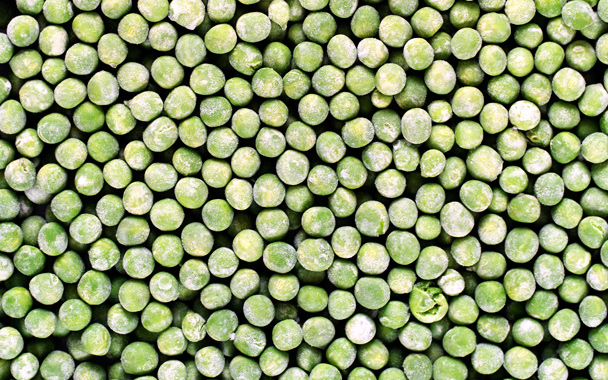Last week, nearly seven years after being told to do so in the Farm Bill of 2002, the USDA finally got around to introducing country-of-origin labeling (COOL) rules for beef, lamb, pork, and chicken, among other agricultural products. (Seafood has carried COOL since 2002.)
Coming on the heels of mad cow disease from Canada, salmonella-laced peppers from Mexico, and melamine-tainted milk products from China, to name a few, the requirement is not only late, but too little, according to Jaydee Hanson of the Center for Food Safety. He told the website foodnavigator.com that the ruling “contains several huge loopholes which end up either misleading consumers or leaving them shamefully uninformed about the origins of their food.”
Among the problems:
· Cooked foods are exempt, as are foods that are canned, marinated, or cured.
· No COOL is required on mixed foods such as packages of frozen peas and carrots.
· Restaurants, cafeterias, and other foodservice outlets, which account for nearly 45 percent of the money Americans spend on food, don’t have to reveal where their ingredients originate.
The new loopholes—oops, I mean regulations—take effect in March.




 Pinterest
Pinterest


